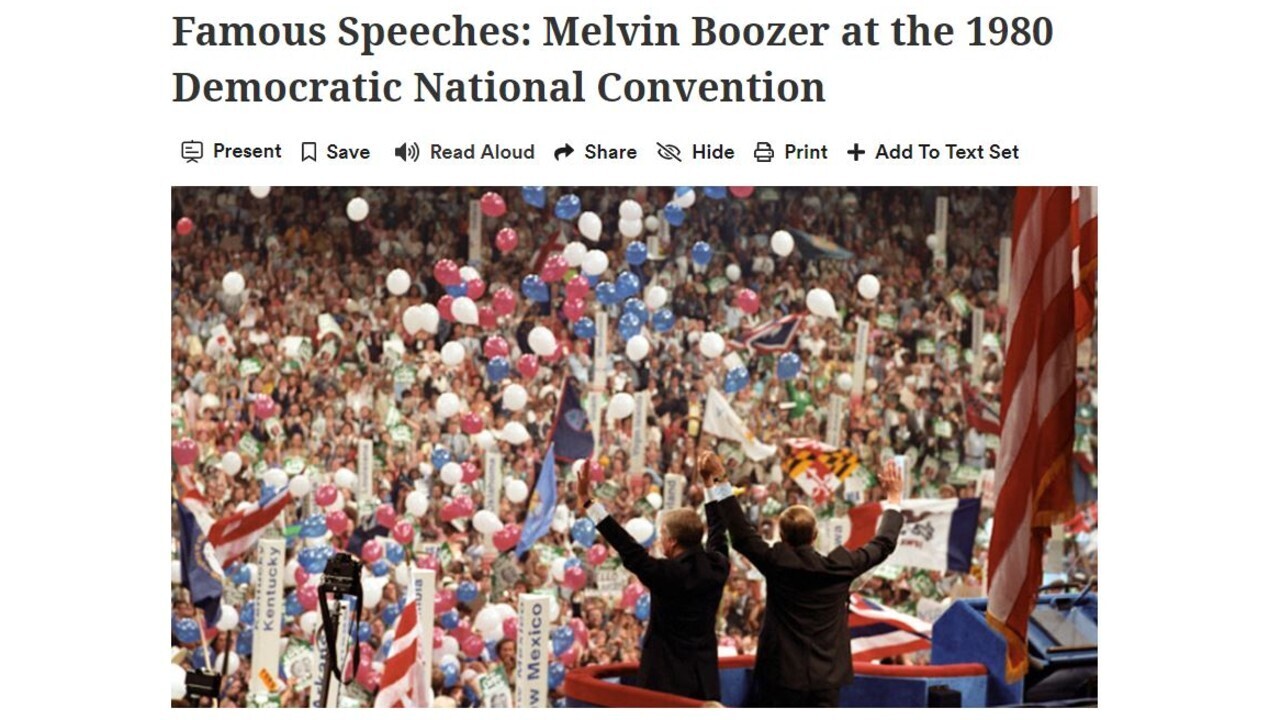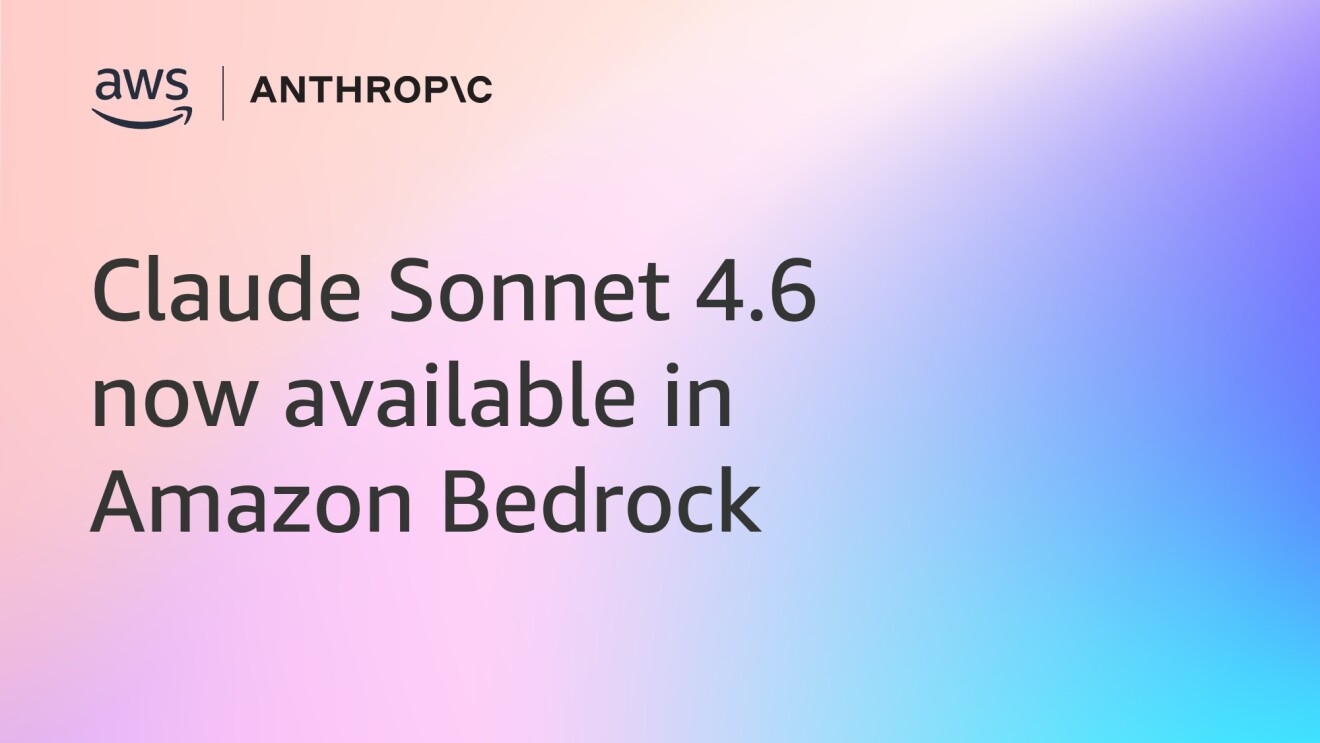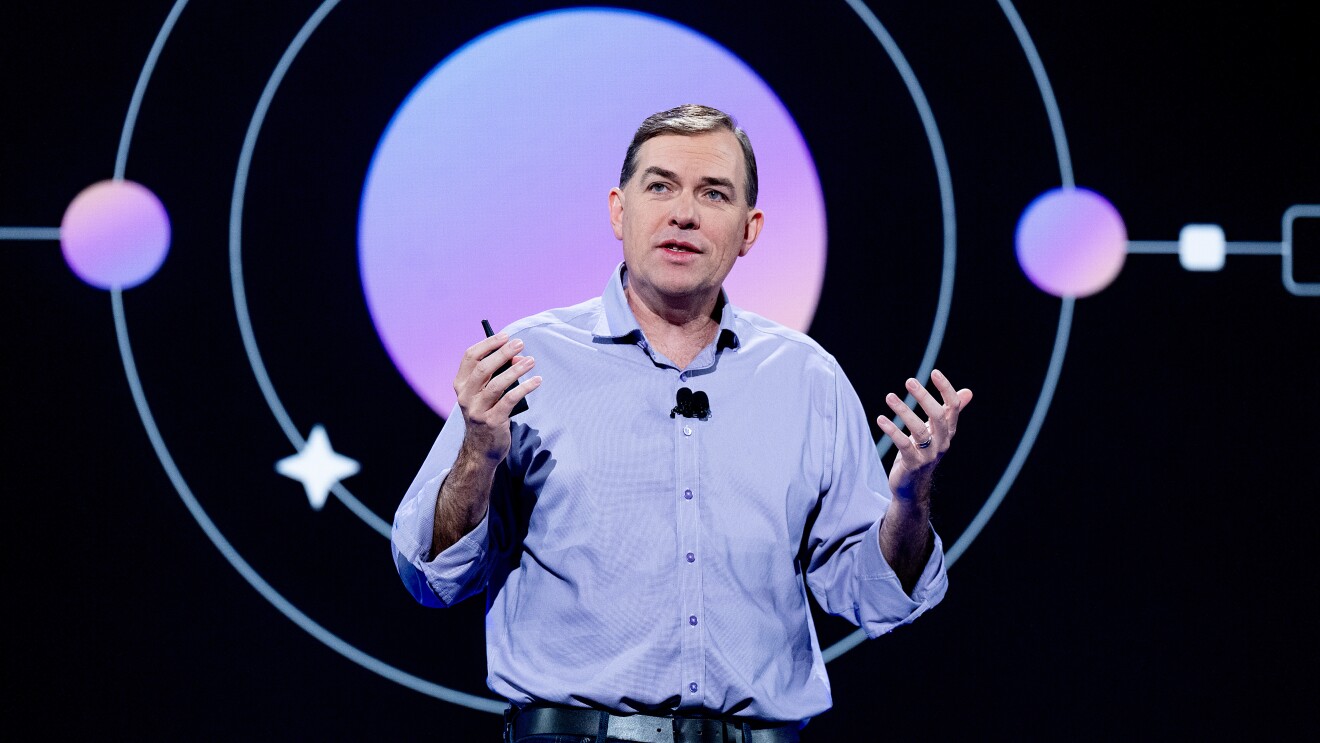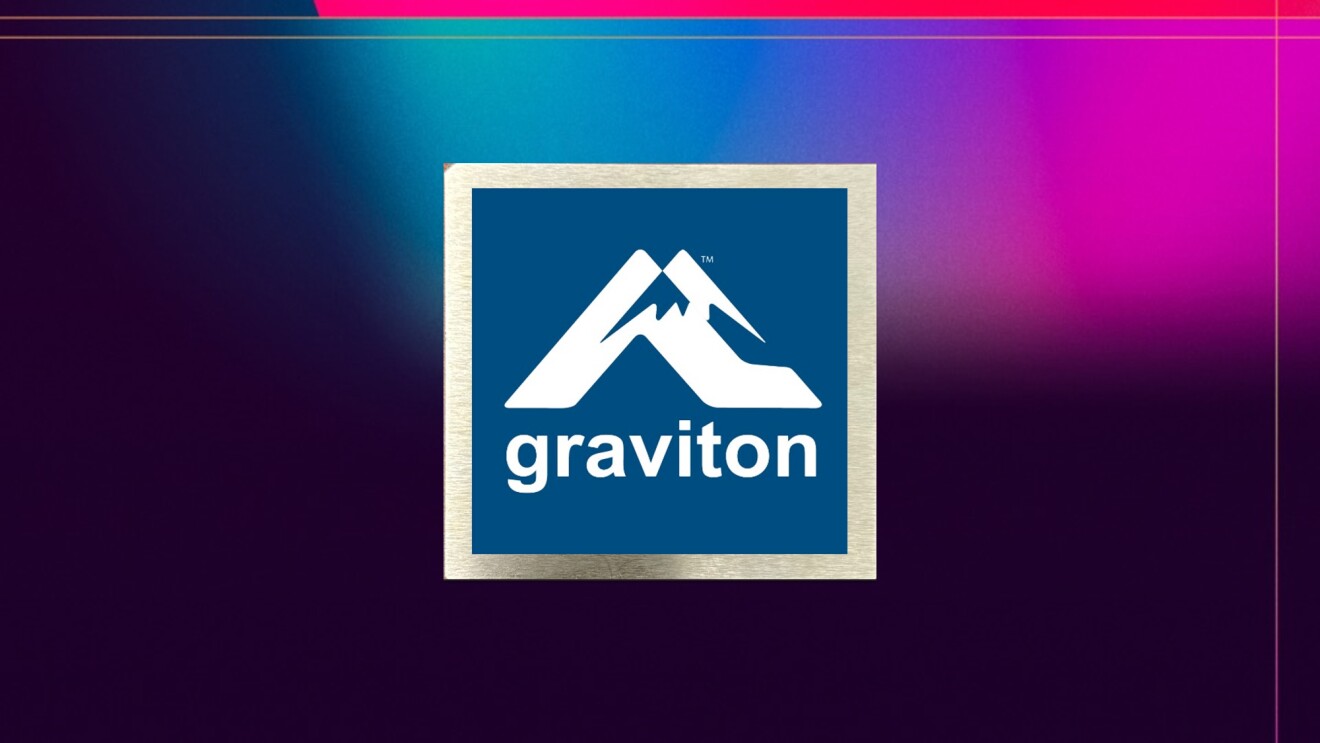When New Jersey became the second U.S. state to mandate that LGBTQ history be taught in public schools in early 2019, and similar laws were being considered in other states, Walt Peters knew he wanted to help schools adapt—fast. “It sort of started off as a passion project,” said Peters, director of curriculum solutions at education technology company Newsela.
The project turned into the Newsela LGBTQIA+ Studies Collection, which now includes more than 100 original pieces of content on the origins and background of the LGBTQ movement. Built on Amazon Web Services (AWS) and launched just 18 months ago, the collection is now being used by more than 75 school districts in the U.S.
Peters’ drive to build the collection came from observing what happened in California. The state was the first to pass what became known as the FAIR Education Act in 2011, but it wasn't until 2018 that relevant teaching resources made their way into schools, according to Peters.
“That’s seven lost years of instruction, when so many LGBTQ students didn't get the opportunity to see themselves reflected in the courses that they were taking,” said Peters. “You don't pass a law so that it can start impacting students seven years later. You pass a law because it's a priority right now.”
From their headquarters in New York, the Newsela team had developed close relationships with several school districts in New Jersey and knew the districts were ready to start implementing the changes into their curricula.
What I love about the collection is that you can find a variety of diverse perspectives and unheard narratives that were so critical to the origins and the success of the movement.
Walt Peters
Director of Curriculum Solutions, Newsela“We thought if we could partner with those districts that were already piloting ways to integrate LGBTQ concepts and topics, and let them give us the blueprint for the resource that we should build, we could be a first-mover,” said Peters. “The aim was really to create something for teachers, by teachers.”
His team consulted with 13 school districts in New Jersey, the state’s education department, and educators in Illinois, which passed a similar law in the summer of 2019. Peters and his team “set about doing what we do best, which is finding the world's greatest content and making it classroom ready.”
As with all non-fiction content on the company’s site, every piece in The Newsela LGBTQIA+ Studies Collection is adapted for five different reading levels so that any student, regardless of age or ability, can access material that interests them. The content also comes with instructions for teachers on how to bring it to life in their lessons.
The collection is organized into six sections, offering a mix of contemporary and historical content on topics including the unequal treatment and the cultural contributions of LGBTQ individuals. Rather than diving straight into the history of the queer rights movement, the first section looks at gender identity and sexuality—a deliberate move to ensure, as Peters put it, “that everyone starts on the same page.”
“Before you can really understand a rights movement, you need to understand why that movement needed to happen in the first place,” he said. “We want to establish a kind of baseline knowledge, to ask the fundamental questions for folks to be able to explore why this was, and is, such an important issue.”
The final section focuses on resources for teachers and students on how to apply their knowledge in real-world scenarios. For example, it provides a blueprint on how to start a Gay-Straight Alliance at their school, tips for writing effective letters to Congress, and interviewing a local advocate.
 Melvin Boozer appeared at the convention as a candidate for the Democratic nomination for Vice President of the United States. He did not receive the nomination, but became an outspoken champion for gay rights, as a gay man himself. The full text of his speech is part of the Newsela LGBTQIA+ Studies Collection, where it has been adapted for five different reading levels.Photo by Jimmy Carter Presidential Library/Wikimedia Commons
Melvin Boozer appeared at the convention as a candidate for the Democratic nomination for Vice President of the United States. He did not receive the nomination, but became an outspoken champion for gay rights, as a gay man himself. The full text of his speech is part of the Newsela LGBTQIA+ Studies Collection, where it has been adapted for five different reading levels.Photo by Jimmy Carter Presidential Library/Wikimedia CommonsPeters said one way the collection is unique is that it doesn't center on the white gay male perspective. “You know, the origins of the movement in San Francisco can also be traced to the lesbian community potluck gatherings from the 1950s onwards, or the 1966 Compton Cafeteria riot, when a group of trans women stood up to police.”
“What I love about the collection is that you can find a variety of diverse perspectives and unheard narratives that were so critical to the origins and the success of the movement,” he added. “I see this as a way of continuing to pave the way forward, by lifting up these voices in the context of the classroom.”
For Peters, building The Newsela LGBTQIA+ Studies Collection has been a way of helping students learn about the LGBTQ rights movement—and a continuation of it.
“The fight for LGBTQ rights in the U.S. has been incredibly successful, but it is definitely not over,” he said.
Peters said he’s encouraged that nearly a half-dozen states have now passed similar education laws, but there are still many more to go. “I like to see this as more of an opportunity than a challenge,” he added. “What’s exciting is that we are going to be here for those states when they're ready to teach this content. I think that’s what being part of a movement is all about.”









